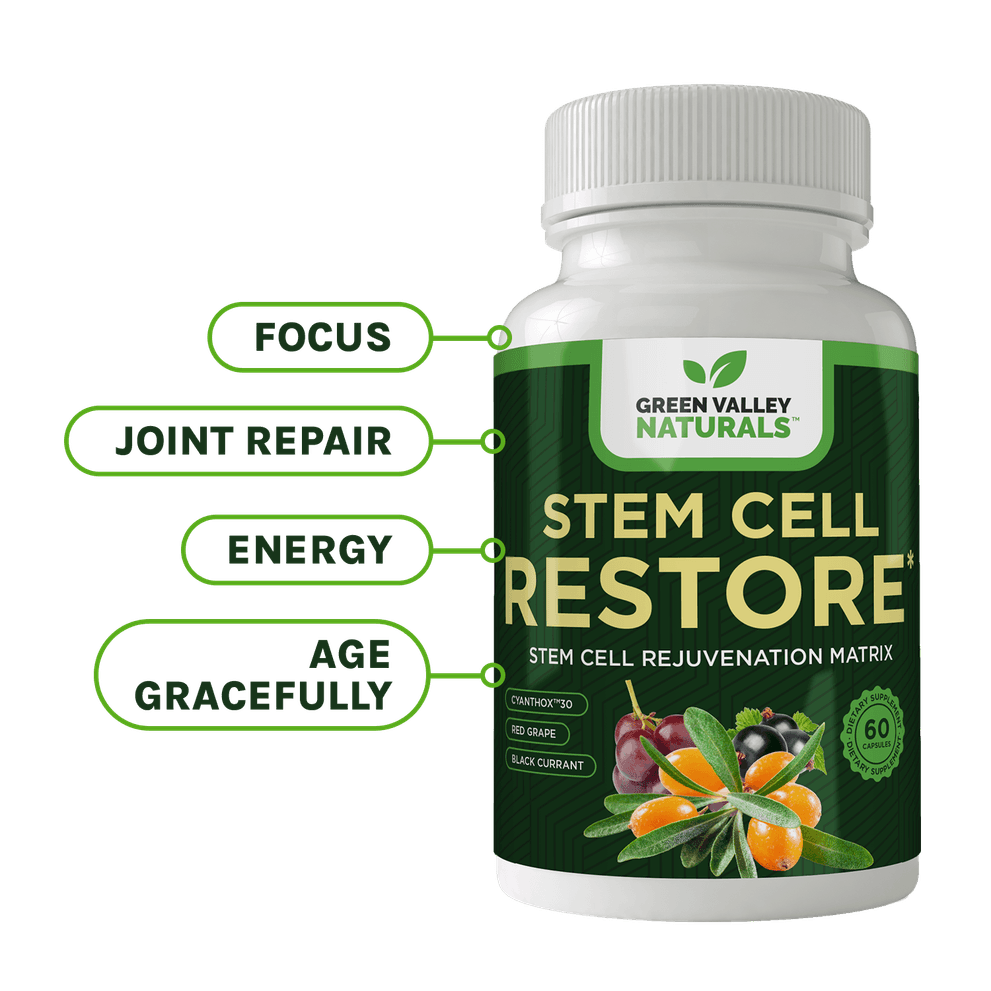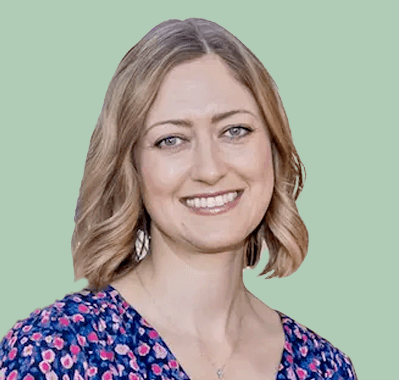
It’s the latest rage in plastic surgery.
Extracting platelet-rich plasma from the patient’s own blood and injecting it back in the face or breasts. This stimulates the growth of collagen and elastin for a face or breast lift.
But while these cosmetic procedures help people look younger, you may get a bigger bang for your buck by getting a transfusion of a young person’s blood instead of your own.
We’re finding out that young blood may halt or possibly reverse the aging process itself.
Promising results from Stanford & Harvard
Two separate studies from Stanford and Harvard Universities hit the headlines in 2014.
In the Stanford research, 18-month (elderly) mice were injected repeatedly with the blood of youthful three-month-old mice. The transfusions improved their performance in learning and memory tasks. The scientists found the changes seen in the brain were at the structural, molecular and cognitive levels.
The old mice formed new connections in the hippocampus, a key area for memory, and the researchers also saw greater density in dendritic spines that extend from brain cells. Dendrites also play a role in memory.
Meanwhile, scientists at Harvard believe they may have found a ‘youth factor’ called GDF11. Blood levels of this protein decline with aging, but when the substance is injected into old mice, functional improvements in every organ are seen, including the brain and muscles.
Professor Douglas Melton at the Harvard Department of Stem Cell and Regenerative Biology said, “This should give us all hope for a healthier future. We all wonder why we were stronger and mentally agile when young, and these two unusually exciting papers actually point to a possible answer.”
Blood transfusions show potential in Alzheimer’s
Taking this research further, neuroscientist Sakura Minami presented new findings at the Society for Neuroscience annual meeting in San Diego in November, 2016.
Blood plasma from 18-year-old humans was injected twice weekly for three weeks into middle-aged mice. The mice responded to the treatment by becoming physically more active, with improvements in cognition and memory. The “over-the-hill” mice also created new brain cells – a process called neurogenesis.
Because these findings have huge potential for Alzheimer’s patients, Minami and colleagues have already started a clinical trial using young people’s blood on people with this form of dementia.
Further encouragement came with a follow-up study from the Stanford scientists. They introduced the blood of young mice into older mice that are engineered to mimic Alzheimer’s in humans.
While there were no changes in amyloid plaque levels that are associated with the disease, the researchers did find that important enzymes, proteins and genes were restored to almost normal. This led to beneficial effects on cells in the hippocampus, and improvement in two different forms of memory.
The fountain of youth trial is underway
Legends about magical spring waters that restore youth go back thousands of years. The idea of turning back the clock on aging continues to fascinate us. It’s also the theme of many movies.
But there are some who now believe this can be more than legend or fiction. One such person is Dr. Jesse Karmazin. He has set up Ambrosia LLC in Monterey, California to carry out a human trial.
He is currently recruiting. So long as you are over 35 you would be welcome to take part.
There is one other consideration, however. You have to cough up $8000 for the privilege of receiving 1½ liters of plasma over two days from a donor under the age of 25. One month later, 100 biomarkers believed to be involved with aging will be tested.
The ethics and design of this trial have not gone down well with some other researchers.
A member of the Stanford team, Tony Wyss-Coray, opined, “There’s just no clinical evidence [that this therapy will be of any benefit], and you’re basically abusing people’s trust and the public excitement around this.”
Matt Kaeberlein, anti-aging biologist and Professor of Pathology at the University of Washington, Seattle, said, “I don’t see how it will be in any way informative or convincing.”
He went on to say that since the participants needn’t be elderly it will be hard to identify what changes they experience, if any, and there are no well-accepted blood markers of aging in any case.
I have my doubts about a maverick researcher conducting a human study of this kind. I also have some qualms about the safety of blood transfusions in general.
I’m sure mainstream types are clucking their tongues at my superstition, but I’ve come to have great respect for what we don’t know about the human body. Transfusions are necessary in emergencies, but until we know more, it’s another matter whether they should be done lightly as an elective procedure.
Stem Cell Restore
Increased Energy from Organic Tibetan Sea Buckthorn Trans-Resveratrol, Vitamin D

